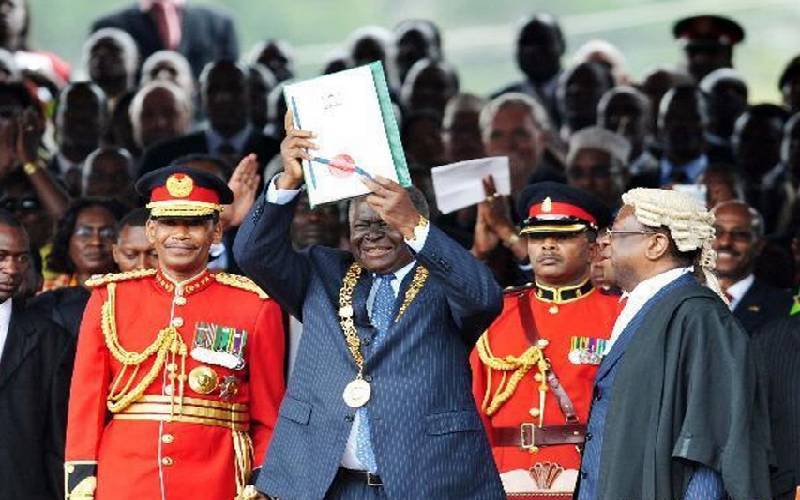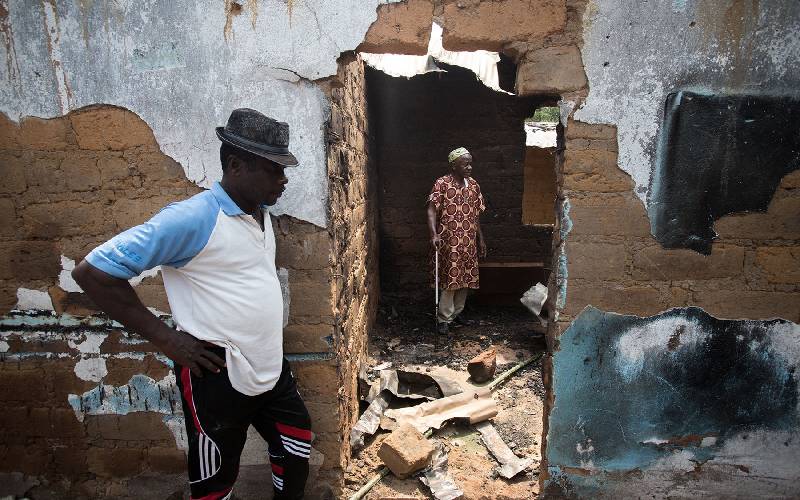×
The Standard e-Paper
Home To Bold Columnists

 When Kwame Nkruma passionately advocated for pan-Africanism, his thinking was premised on the desire to see greater integration of the African people to share knowledge and resources. There is no doubt Africa is rich in human and natural resources, but most of these valuable resources hardly impact the lives of the people.
When Kwame Nkruma passionately advocated for pan-Africanism, his thinking was premised on the desire to see greater integration of the African people to share knowledge and resources. There is no doubt Africa is rich in human and natural resources, but most of these valuable resources hardly impact the lives of the people.
Last week, I visited Cameroon. This country enjoys six months of continuous rain, particularly around the Equatorial forest.